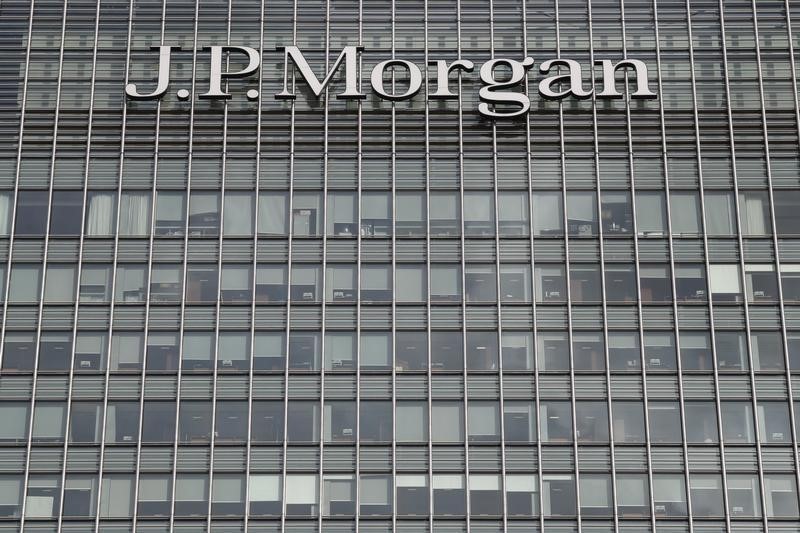Analysts at JPMorgan believe the outperformance of defensive sectors in the second quarter will continue, in contrast to their lagging performance in Q1.
In a note Monday, the firm argues for a barbell approach favoring defensive sectors and commodities.
"Key bond proxy Defensive sectors - Utilities, Real estate and Staples - were the 3 worst performers in Q1," the note acknowledges. However, Q2 has seen a reversal, with these sectors leading performance gains in Europe. This coincides with a decline in cyclical sectors like Autos, Travel & Leisure, and Chemicals.
JPMorgan disagrees with the common investor sentiment of buying cyclical stocks based on rising Purchasing Managers' Indexes (PMIs). They believe several factors favor defensive sectors.
Firstly, they state that cyclical sectors already outperformed significantly in 2023 despite falling PMIs. JPMorgan says their valuations are no longer attractive.
Additionally, the investment bank explains that while manufacturing activity picks up in Europe and China, US growth is likely to slow by year-end, benefiting defensive sectors.
For bond yields, JPMorgan reiterates its view that US bond yields have peaked, which typically supports defensive sectors and growth stocks over value stocks.
The bank highlights specific defensive sectors with potential. They remain positive on healthcare, even excluding the large-cap pharmaceutical company Novo Nordisk.
Utilities are seen as benefiting from rising CO2 and gas prices, along with steady earnings growth. Real estate, following a two-year slump, is favored due to an improving financing environment. Additionally, Staples is viewed as attractively priced compared to 2022.
On the other hand, JPMorgan advises caution on consumer discretionary sectors, particularly autos and luxury goods. They remain underweight on chemicals despite their recent weakness and reiterate a cautious stance on banks.
